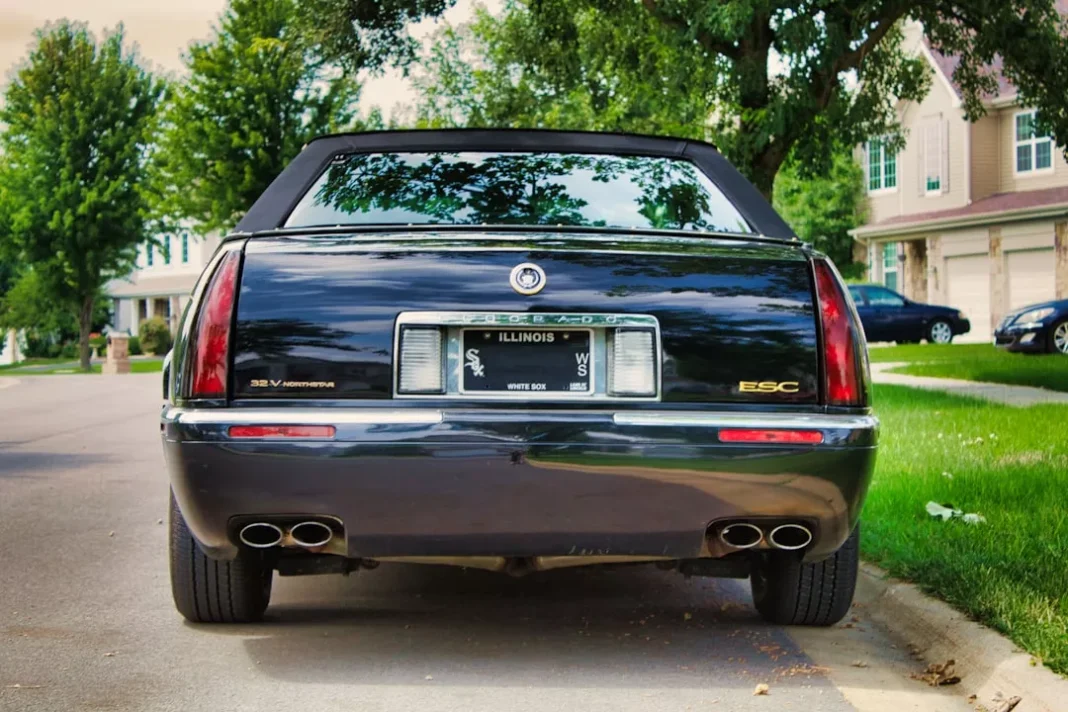Forming journalists is a crucial aspect of the media industry. It is not just about teaching them how to write a good article or conduct an interview, but also about instilling in them the values of integrity, accuracy, and responsibility. In today’s world, where fake news and biased reporting are rampant, the need for well-trained and ethical journalists is more important than ever. This is where workshops like the investigative journalism workshop “Ndrangheta stereotypes and reality” come into play.
Organized by renowned journalist Claudio La Camera, this workshop aims to train aspiring journalists in the art of investigative reporting. La Camera, who has been a journalist for over 20 years and has covered some of the most high-profile cases in Italy, believes that investigative journalism is the backbone of a healthy democracy. He says, “Investigative journalism is not just about uncovering scandals or exposing corruption, it is about giving a voice to the voiceless and holding those in power accountable.”
The workshop, which was held in the beautiful city of Rome, brought together a diverse group of aspiring journalists from different parts of the country. The participants were selected through a rigorous process, and only those with a genuine passion for journalism and a strong sense of ethics were chosen. The workshop was divided into different sessions, each focusing on a specific aspect of investigative reporting.
One of the most eye-opening sessions was on the topic of “Ndrangheta stereotypes and reality.” For those who are not familiar, Ndrangheta is a powerful and notorious mafia organization based in Calabria, Italy. The organization has been involved in various illegal activities, including drug trafficking, money laundering, and extortion. However, as La Camera pointed out, the media often portrays Ndrangheta in a stereotypical manner, which does not reflect the reality on the ground.
During the session, La Camera shared his experiences of covering Ndrangheta-related cases and how the media’s portrayal of the organization can be misleading. He also highlighted the importance of fact-checking and verifying information before publishing it, especially when it comes to sensitive topics like organized crime. The participants were also given the opportunity to ask questions and engage in a meaningful discussion with La Camera, which further enriched their understanding of the topic.
Apart from the theoretical sessions, the workshop also included practical exercises, where the participants were given real-life scenarios and asked to come up with investigative reports. This not only helped them apply the knowledge they gained but also gave them a taste of the challenges and rewards of investigative journalism. One of the participants, who wishes to remain anonymous, said, “This workshop has been an eye-opener for me. I have learned so much about the importance of responsible journalism and the impact it can have on society. I am grateful for this opportunity.”
The workshop also had a special guest, a journalist who has been covering the ongoing “sequestro processo” (kidnapping trial) in Italy. She shared her experiences of reporting on such a high-profile case and the challenges she faced in getting accurate information. Her insights were invaluable for the participants, who got a glimpse of the real-life challenges that journalists face while covering sensitive cases.
In conclusion, the investigative journalism workshop “Ndrangheta stereotypes and reality” was a resounding success. It not only provided aspiring journalists with the necessary skills and knowledge but also instilled in them the values of responsible and ethical journalism. Claudio La Camera and his team have done a commendable job in organizing this workshop, and we can only hope to see more such initiatives in the future. As the saying goes, “A well-informed society is a strong society,” and workshops like these are a step in the right direction.

